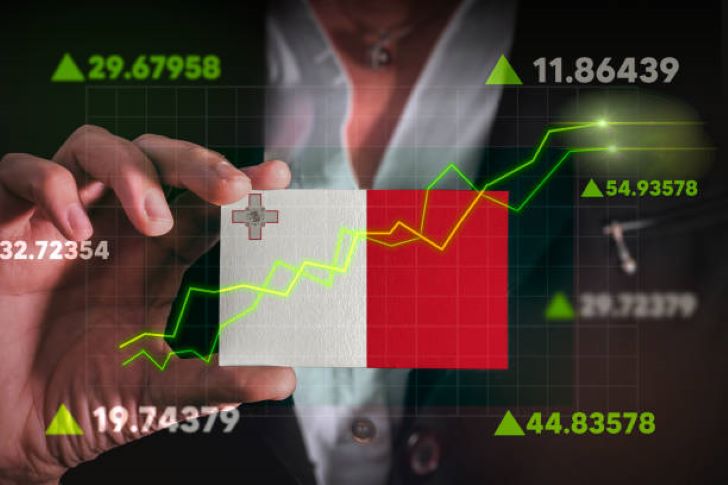Forex trading, or foreign exchange trading, is the buying and selling of currencies on the global market. It is a decentralized market, which means that trading takes place around the clock and across different time zones. Forex trading is a popular way for individuals and businesses to make money by speculating on the value of currencies.
In this article, we will cover the basics of forex trading, including the key terms and concepts that you need to know, the benefits and risks of trading, and how to get started.
What is Forex Trading?
Forex trading involves buying and selling currencies in order to make a profit. The forex market is the largest financial market in the world, with trillions of dollars traded daily. The market is decentralized, which means that trading takes place over the counter (OTC) between buyers and sellers around the world.
The value of currencies fluctuates constantly, which means that traders can make profits by buying low and selling high or by selling high and buying low. For example, if a trader believes that the value of the euro will rise against the US dollar, they will buy the EUR/USD currency pair. If the value of the euro does rise, the trader can then sell the currency pair for a profit.
Key Terms and Concepts
Here are some of the key terms and concepts that you should be familiar with when it comes to forex trading:
- Currency pair: A pair of currencies that are being traded against each other. For example, the EUR/USD currency pair represents the euro and the US dollar.
- Bid/Ask price: The bid price is the price at which a buyer is willing to buy a currency, while the ask price is the price at which a seller is willing to sell a currency.
- Spread: The difference between the bid and ask price for a currency pair.
- Margin: The amount of money that a trader must deposit in order to open a position.
- Leverage: The use of borrowed funds to increase the potential return on an investment.
- Pips: The smallest unit of measurement in forex trading. A pip is equal to 0.0001 of a currency unit.
Benefits and Risks of Forex Trading
Forex trading offers a number of benefits, including:
- High liquidity: The forex market is the most liquid financial market in the world, which means that traders can easily buy and sell currencies at any time.
- 24-hour market: The forex market is open 24 hours a day, five days a week, which means that traders can trade at any time.
- High leverage: Forex brokers offer high leverage, which means that traders can control large positions with a small amount of capital.
- Low costs: Forex brokers typically charge low transaction costs and do not charge commission fees.
However, forex trading also involves a number of risks, including:
- Volatility: The value of currencies can fluctuate rapidly, which means that traders can make or lose money quickly.
- High leverage: While high leverage can increase potential returns, it can also increase potential losses.
- Counterparty risk: Forex trading involves dealing with counterparties, which means that there is a risk of default or fraud.
- Lack of regulation: The forex market is not regulated in the same way as other financial markets, which means that traders need to be cautious when choosing a broker.
How to Get Started with Forex Trading
If you are interested in forex trading, here are the steps you need to follow to get started:
- Learn the basics: Before you start trading, it is important to learn the basics of forex trading, including the key terms and concepts.
- Choose a broker: Choose a reputable forex broker that offers a trading platform that suits your needs.
- Open an account: Once you have chosen a broker, you can open a forex trading account.
- Fund your account: Deposit funds into your trading account.
- Start trading: Once your account is funded, you can start trading currencies.
In conclusion, forex trading is a complex and dynamic market that offers opportunities for traders to make profits. However, it is important to understand the risks involved and to have a solid understanding of the market before getting started. With the right knowledge and tools, traders can succeed in the forex market and achieve their financial goals.
